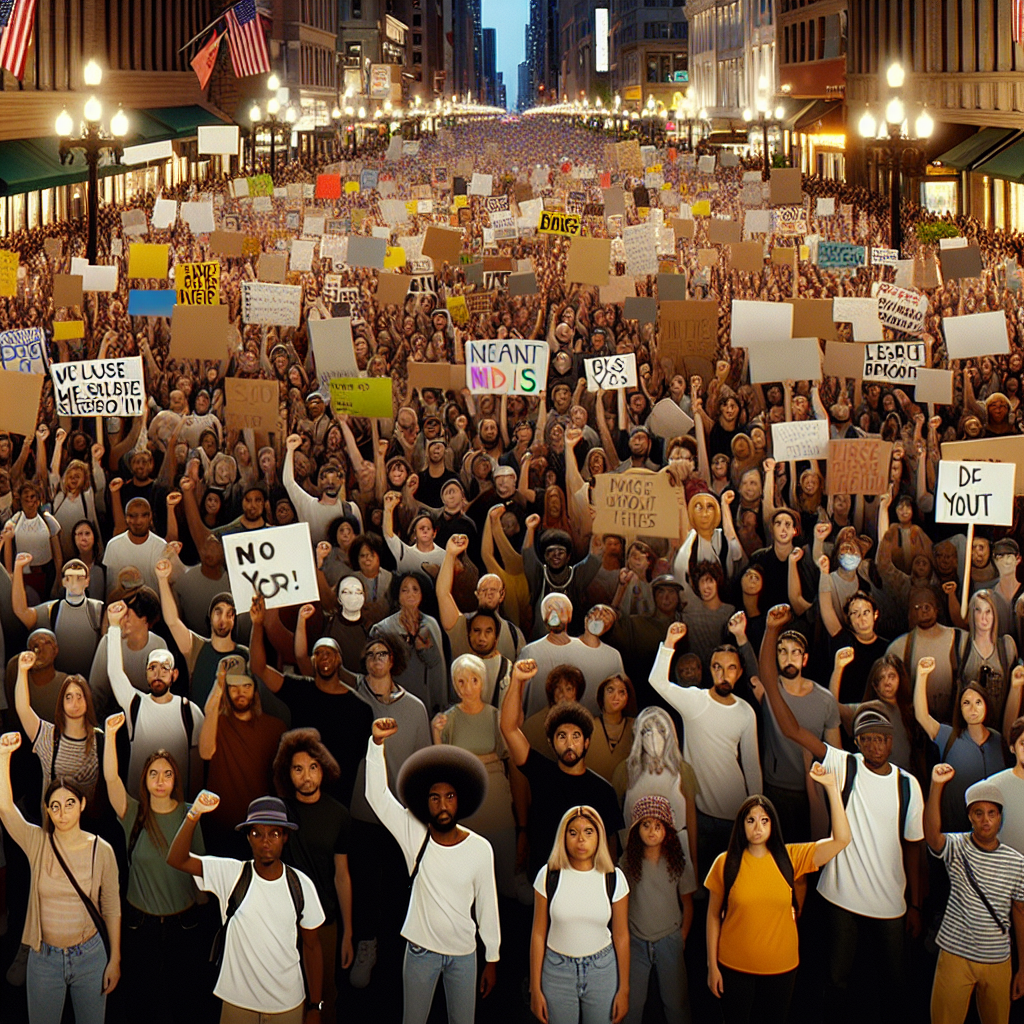March to Wellington: Uniting Maori Voices
A nine-day march to New Zealand's capital is happening in protest of a bill affecting the Treaty of Waitangi. Organizers seek to spark a national conversation about Maori relations. Despite probable failure, the bill has heightened racial tensions with large protests expected in major cities.

On Monday, hundreds of individuals commenced a significant nine-day march to New Zealand's capital, Wellington, protesting the reinterpretation of a pivotal treaty amid the nation's race relations. Initiated with a dawn ceremony in Cape Reinga, participants will conduct rallies across towns and cities as they progress south, reported Eru Kapa Kingi, spokesperson for Toitu Te Tiriti.
The march, known as hikoi, was prompted by a bill currently under parliamentary review, yet organizers aim to foster a wider dialogue on New Zealand's Maori relations, with Eru Kapa Kingi noting the need to elevate understanding among all New Zealanders regarding indigenous experiences.
The Treaty of Waitangi, signed in 1840 with the British Crown, serves as a governance framework for Maori and the Crown. The recently introduced Treaty Principles Bill by New Zealand's center-right government seeks to narrow treaty interpretations within legal frameworks, despite longstanding expansions by court and tribunal interpretations favoring Maori rights.
Associate Justice Minister David Seymour emphasized that the bill proposes transferring decision-making on critical constitutional questions from the courts to parliament. Although unlikely to pass, the bill has intensified racial tensions in New Zealand, where Maori constitute about 20% of the population. Protests are expected to culminate in Wellington, with significant demonstrations planned for major cities like Auckland.
(With inputs from agencies.)










